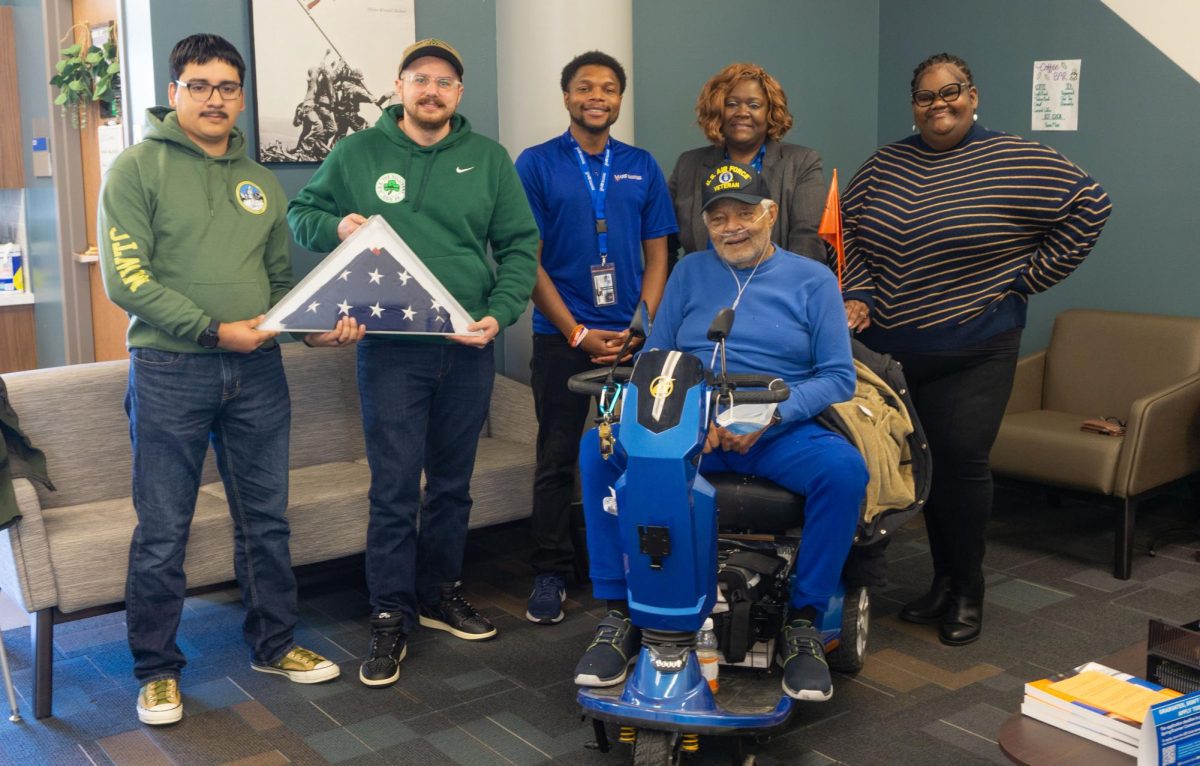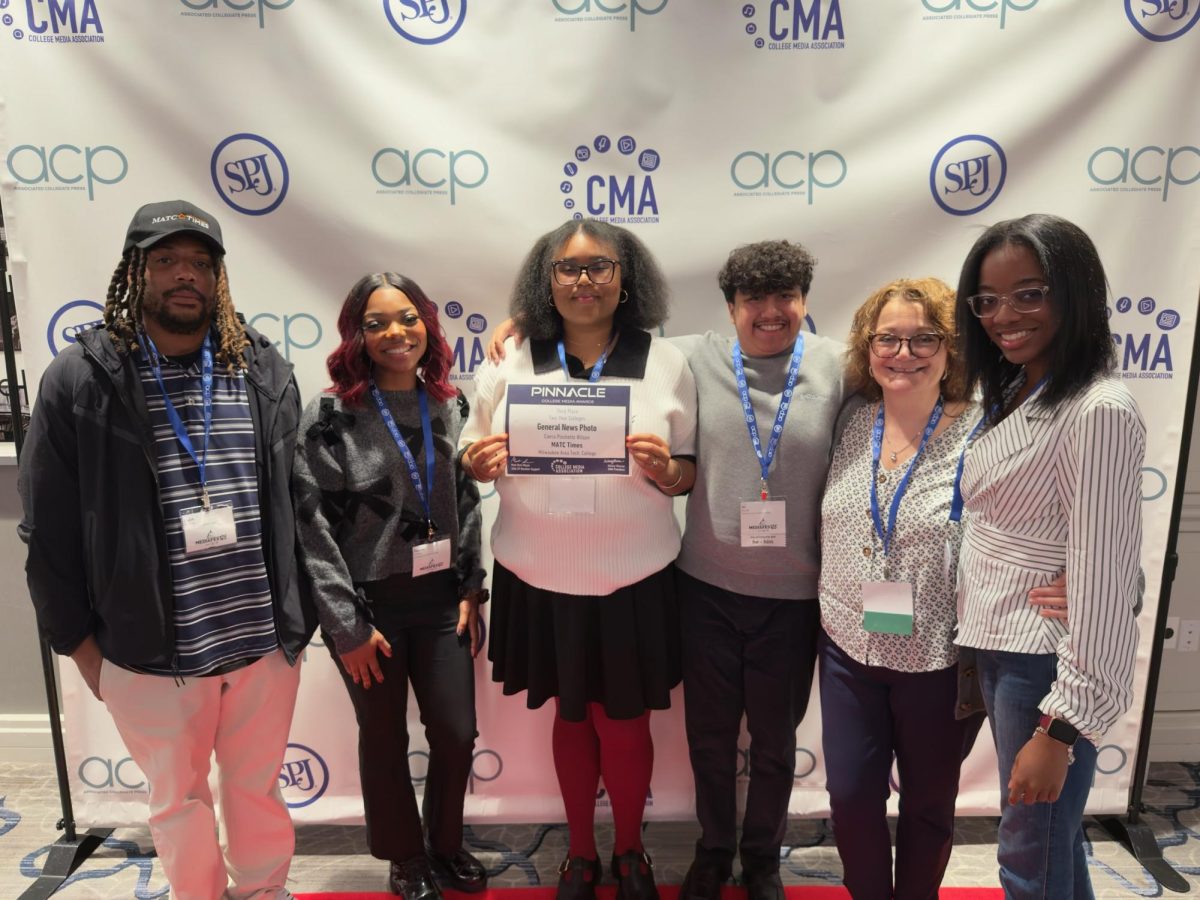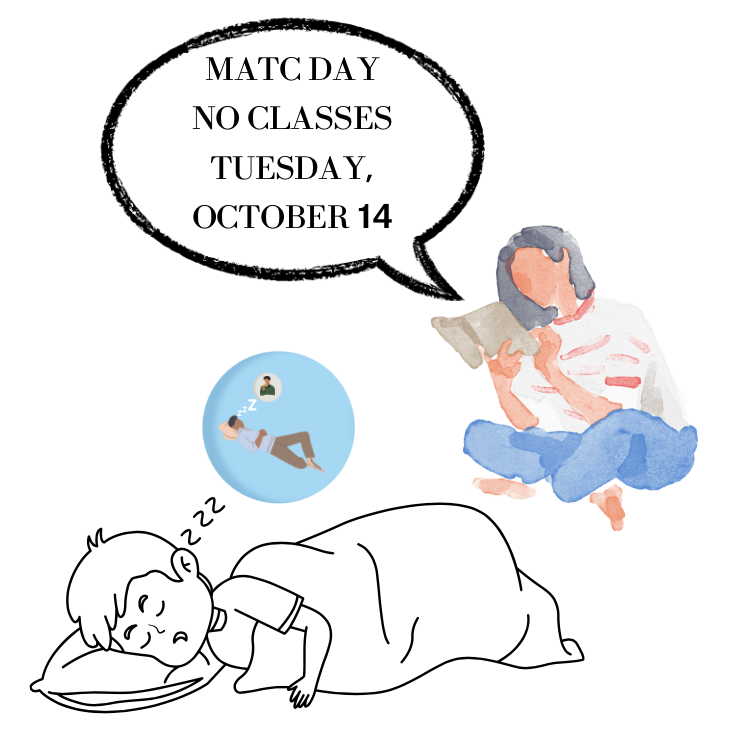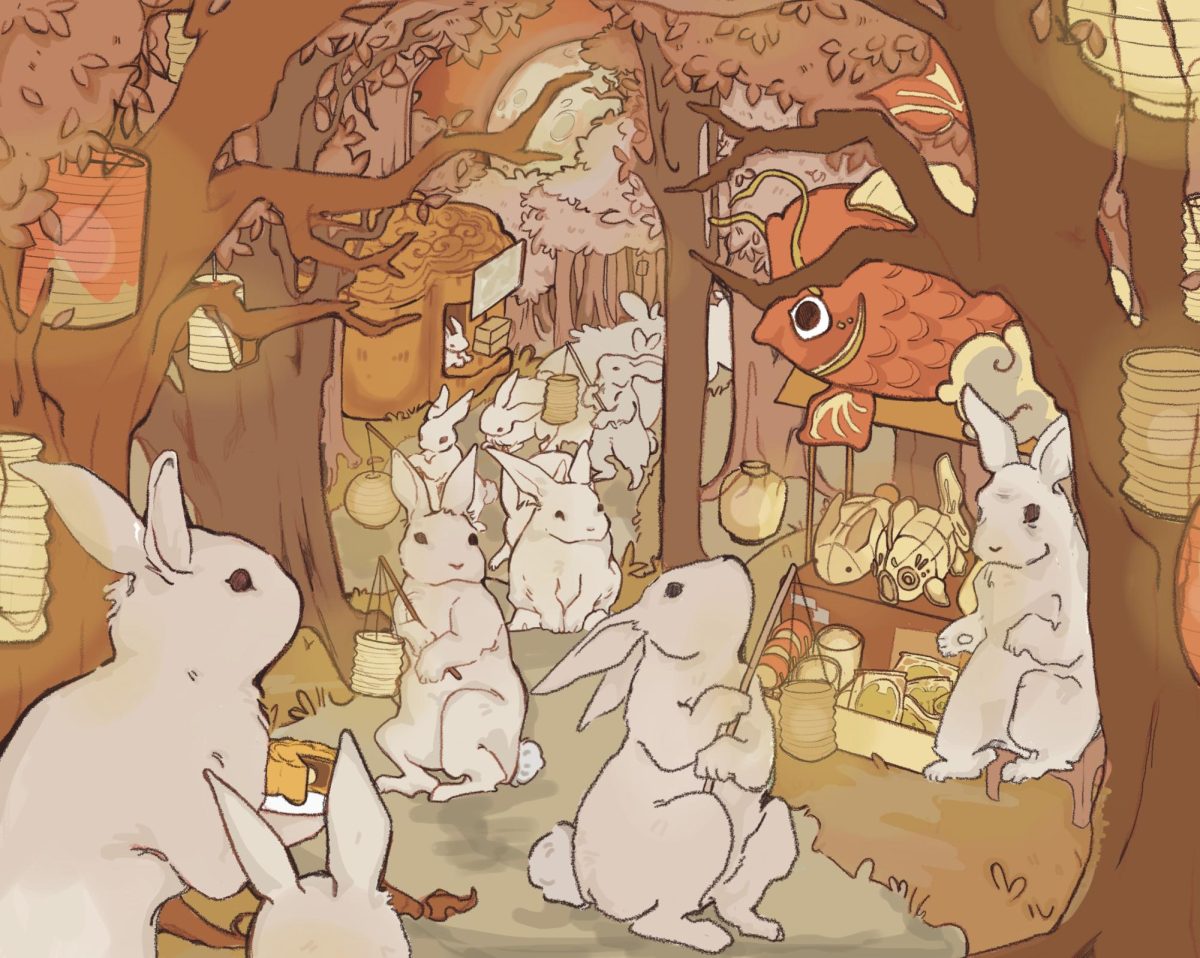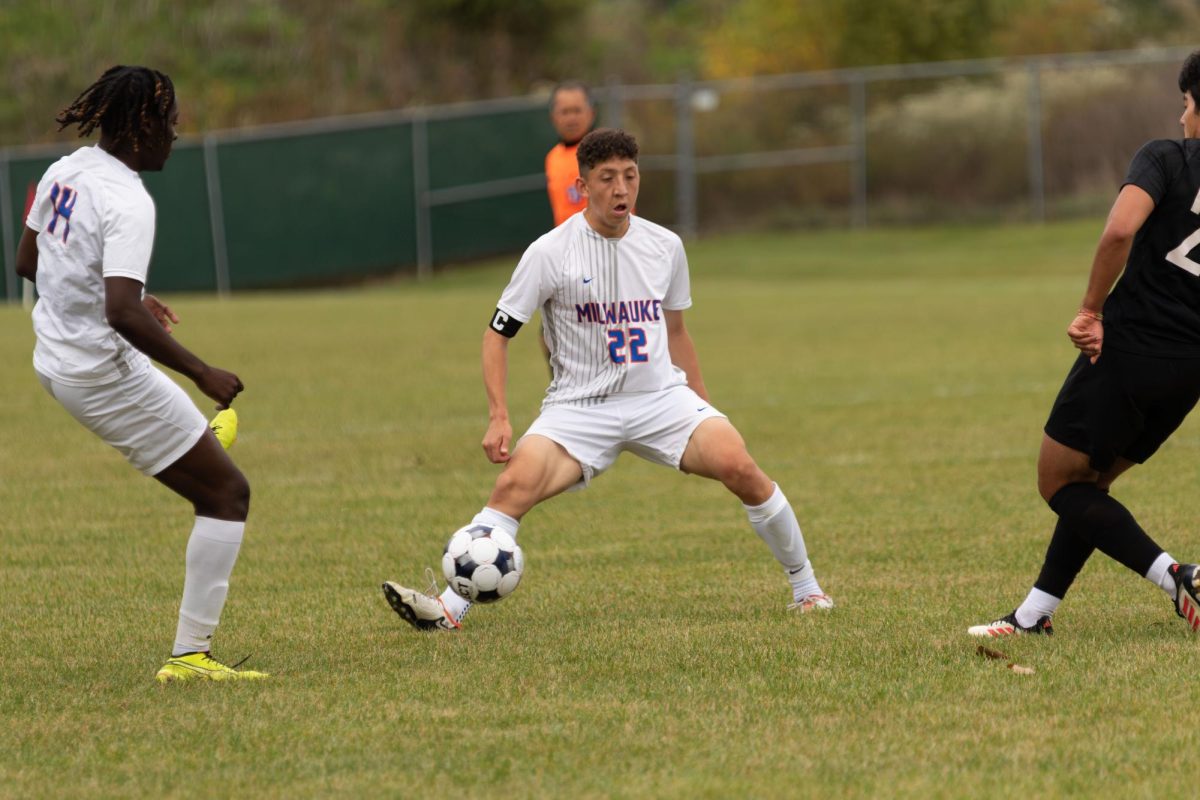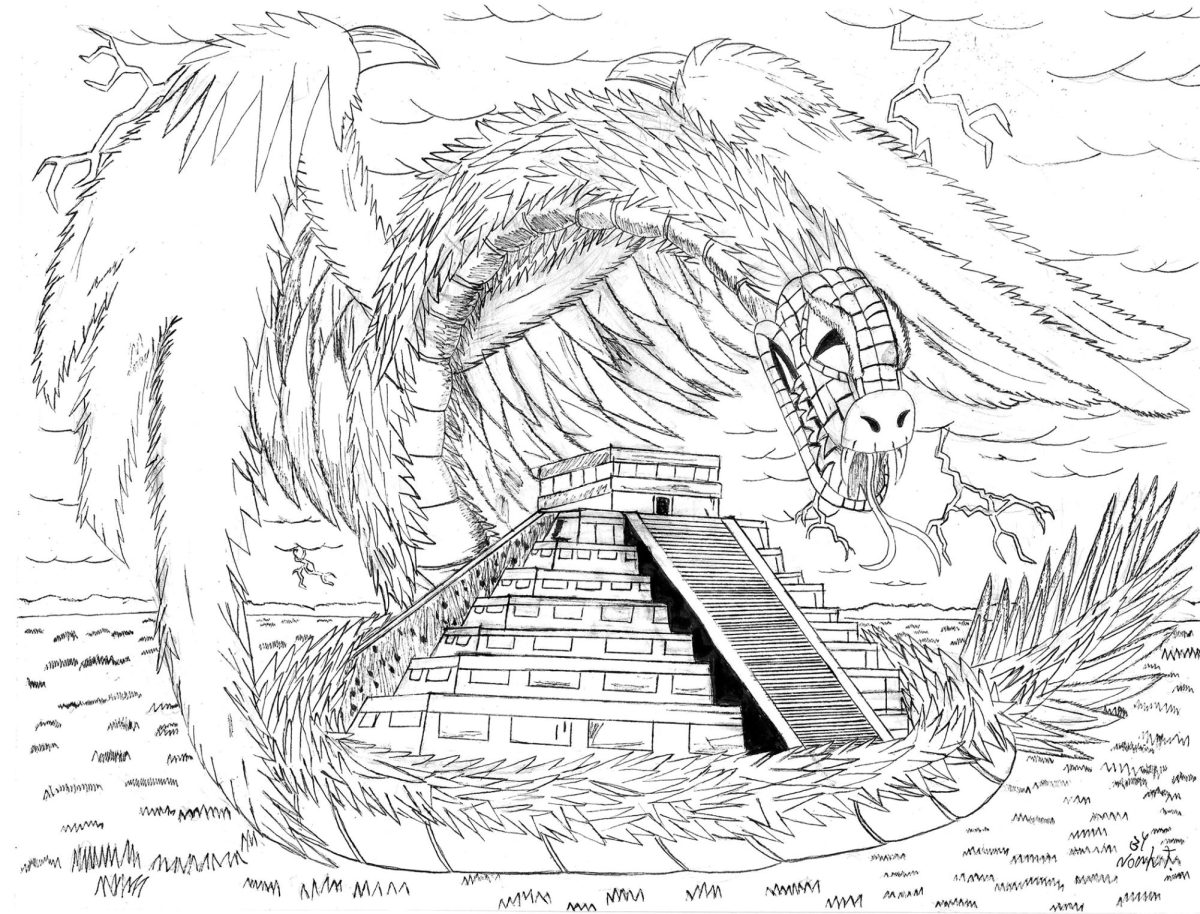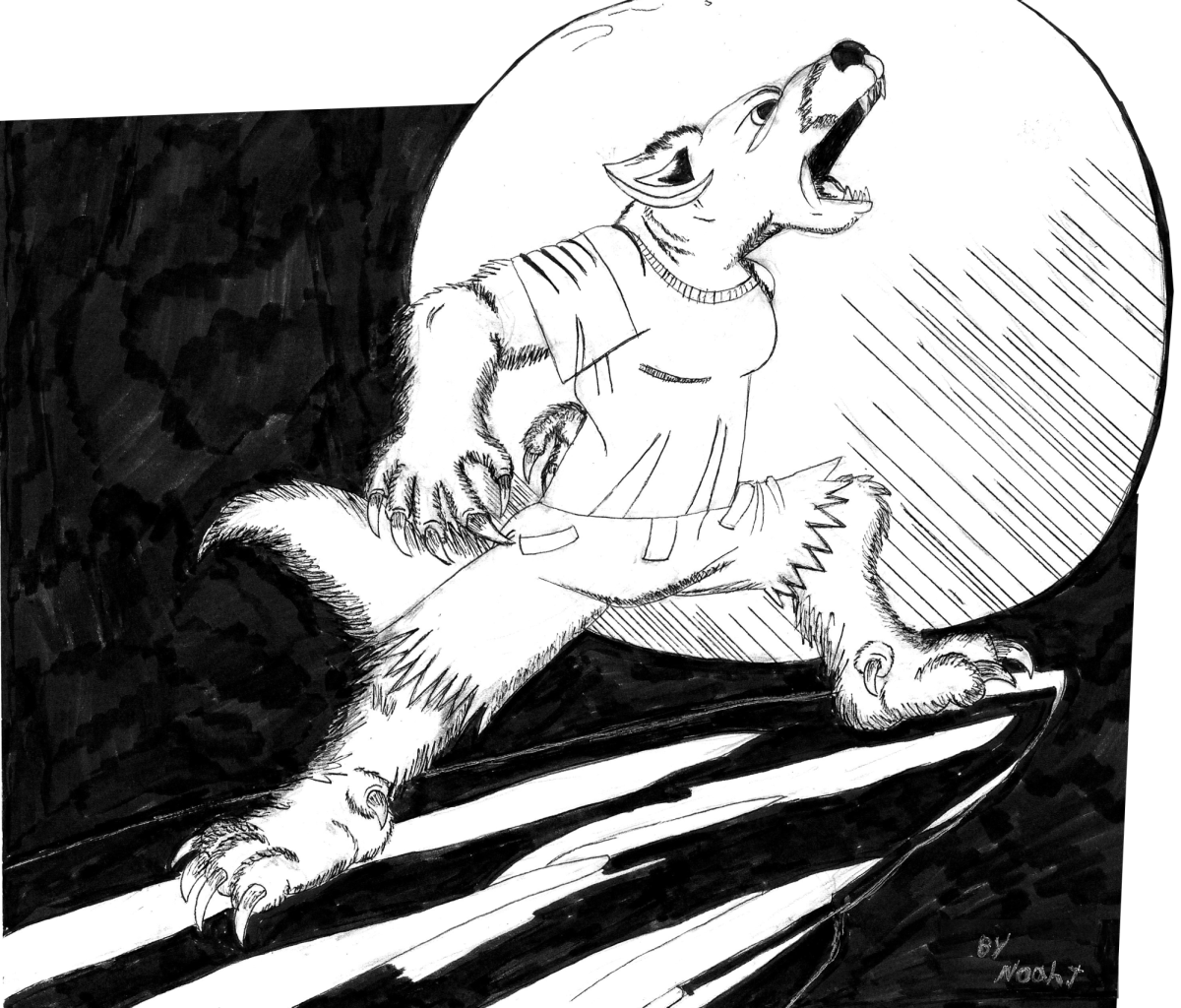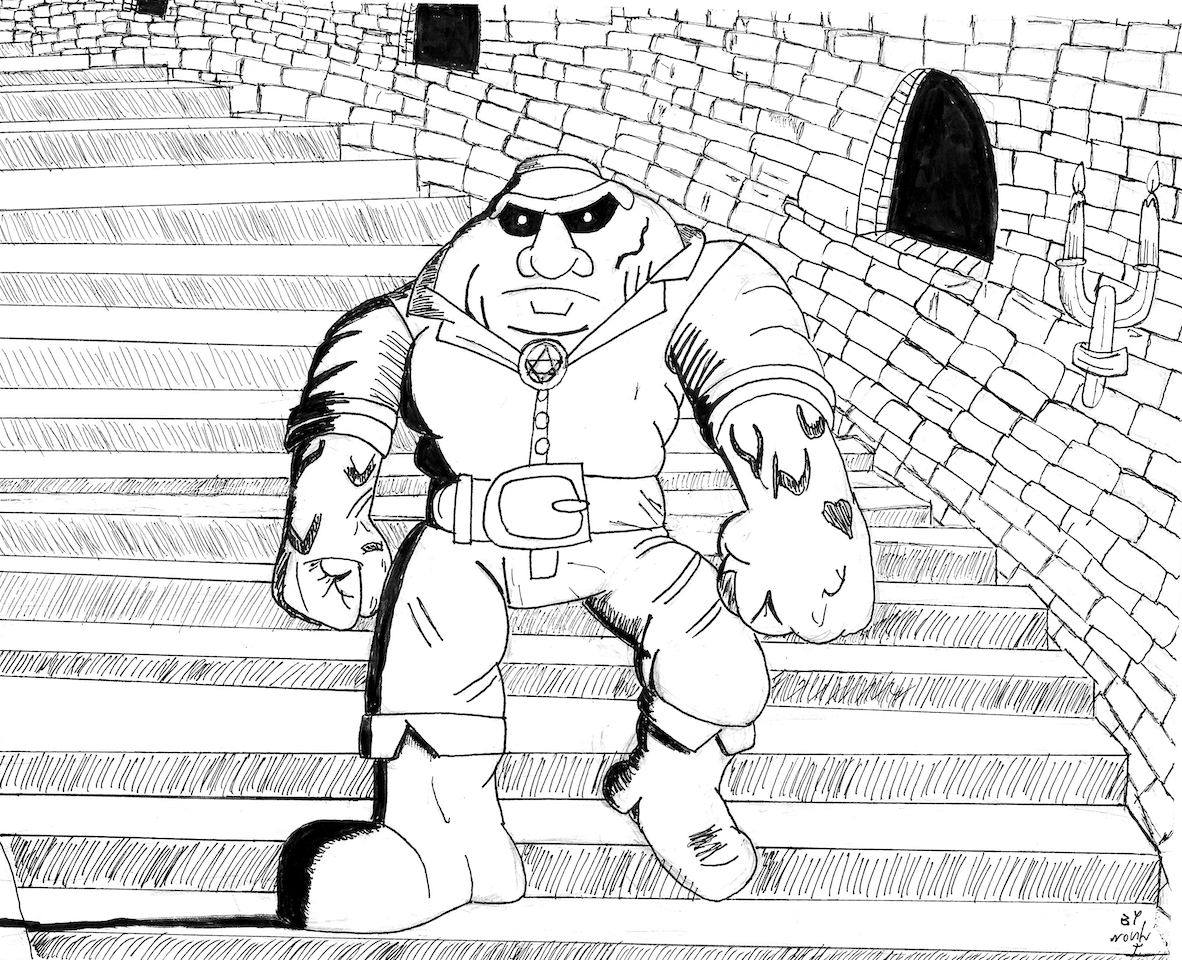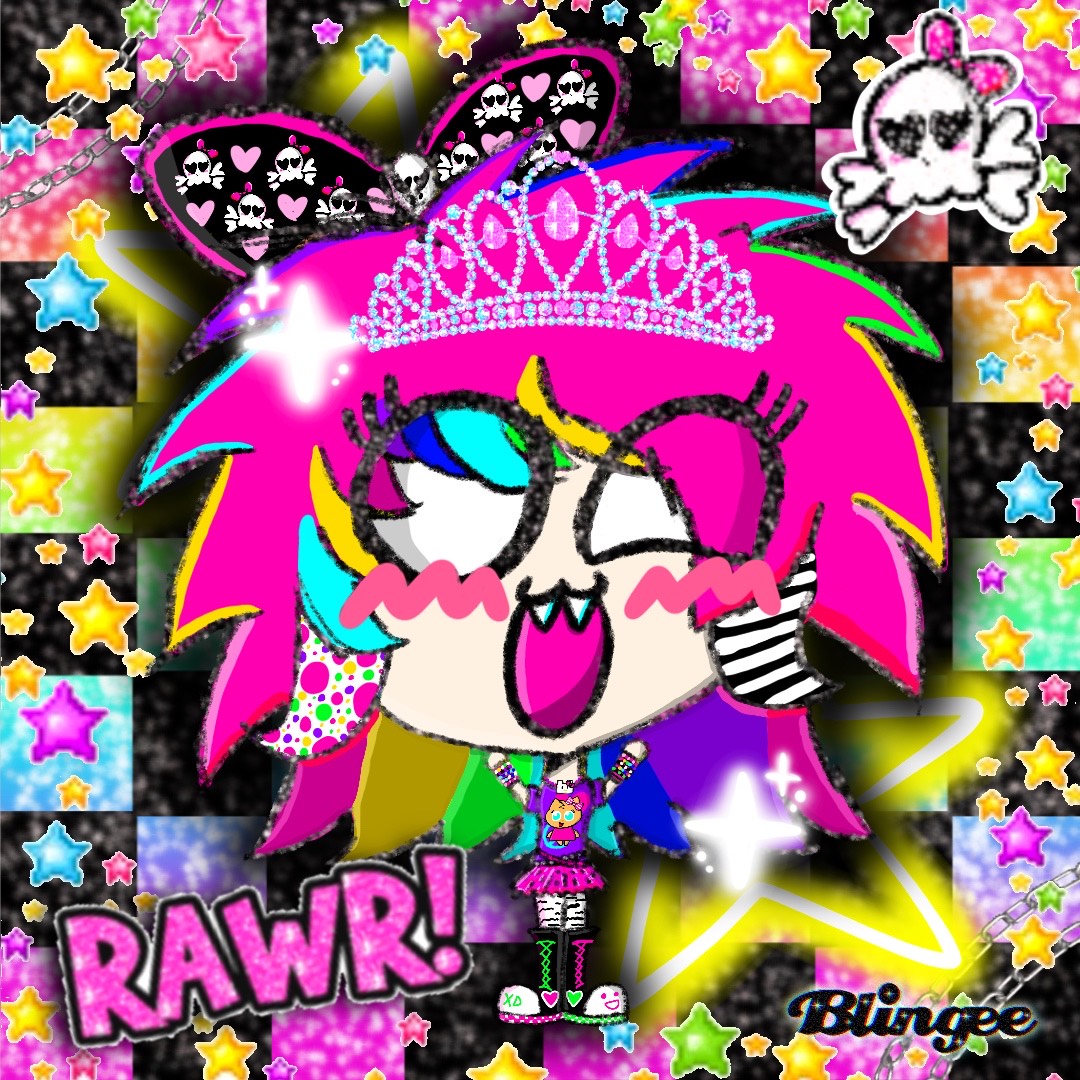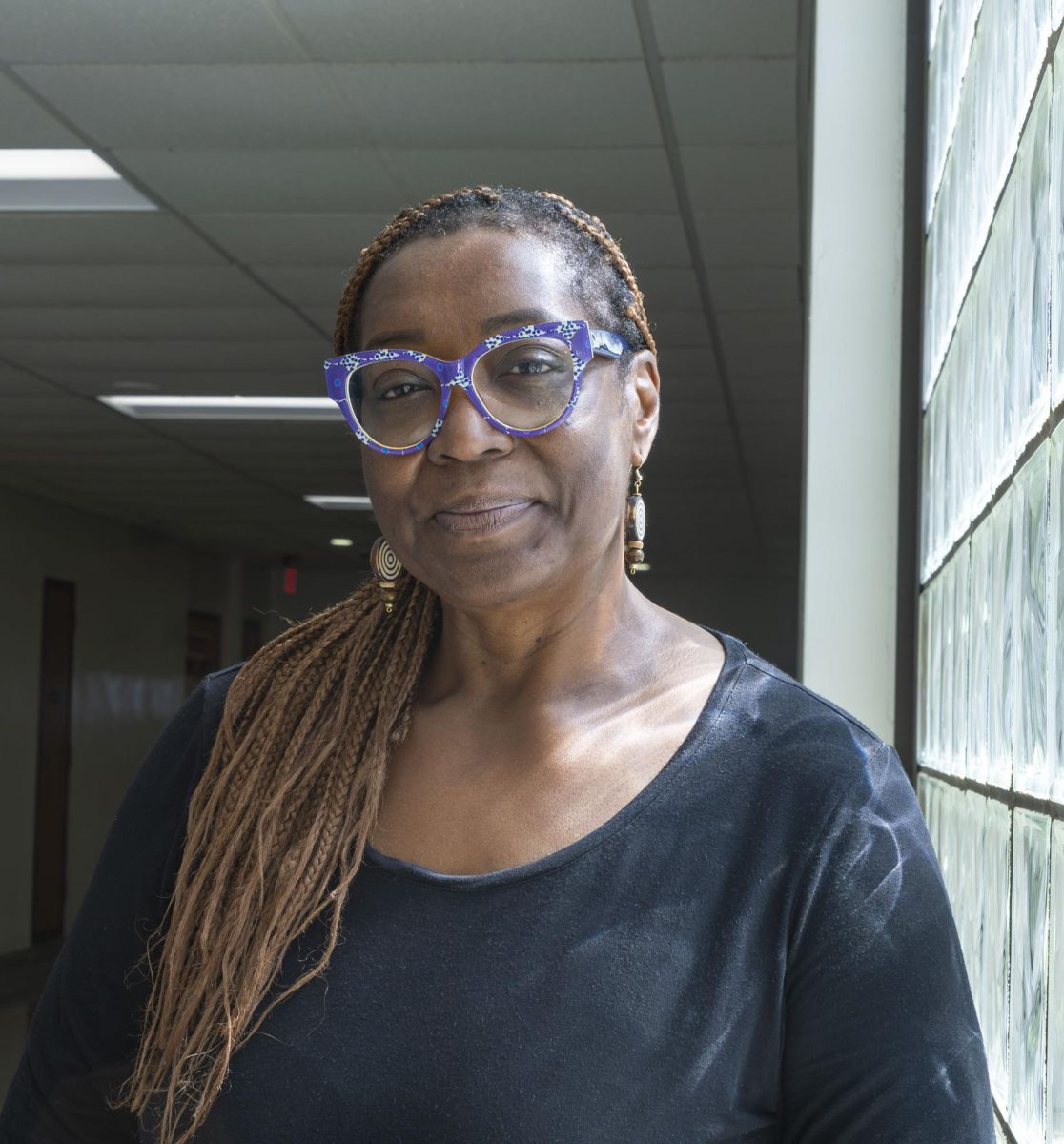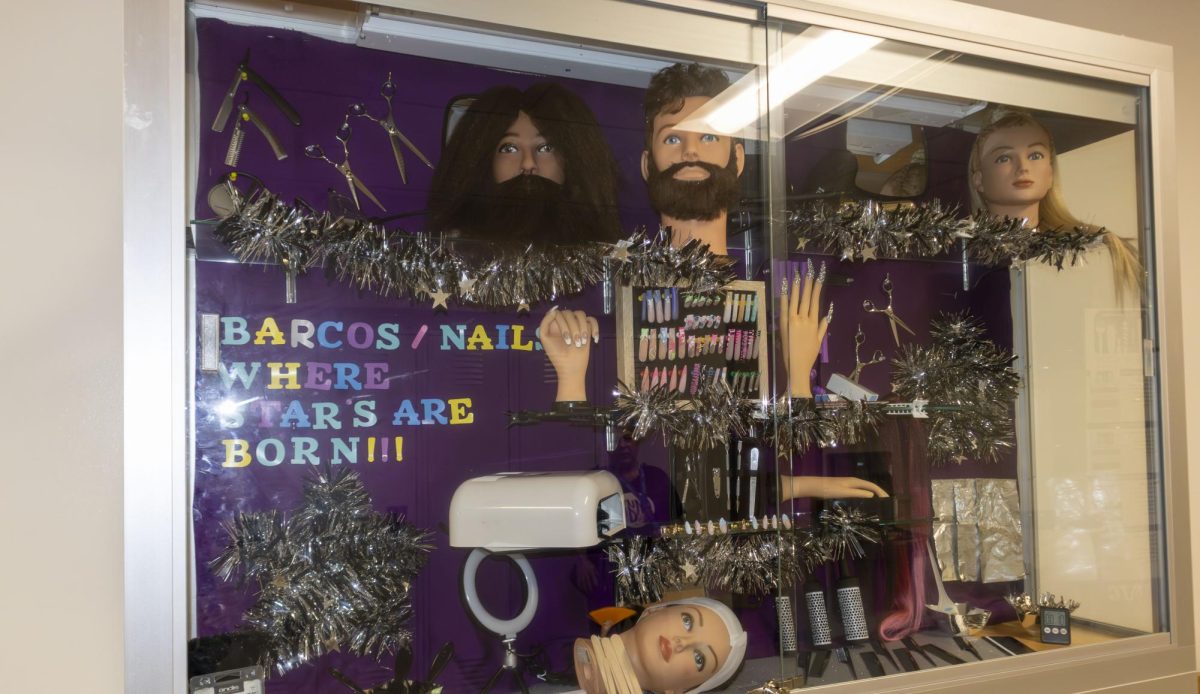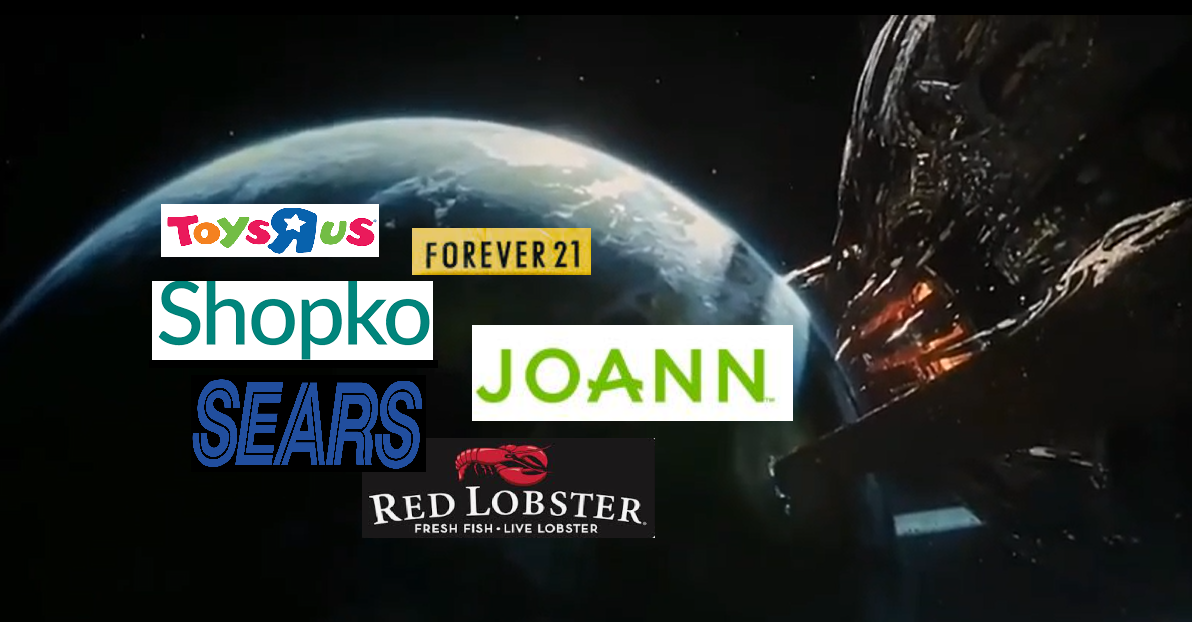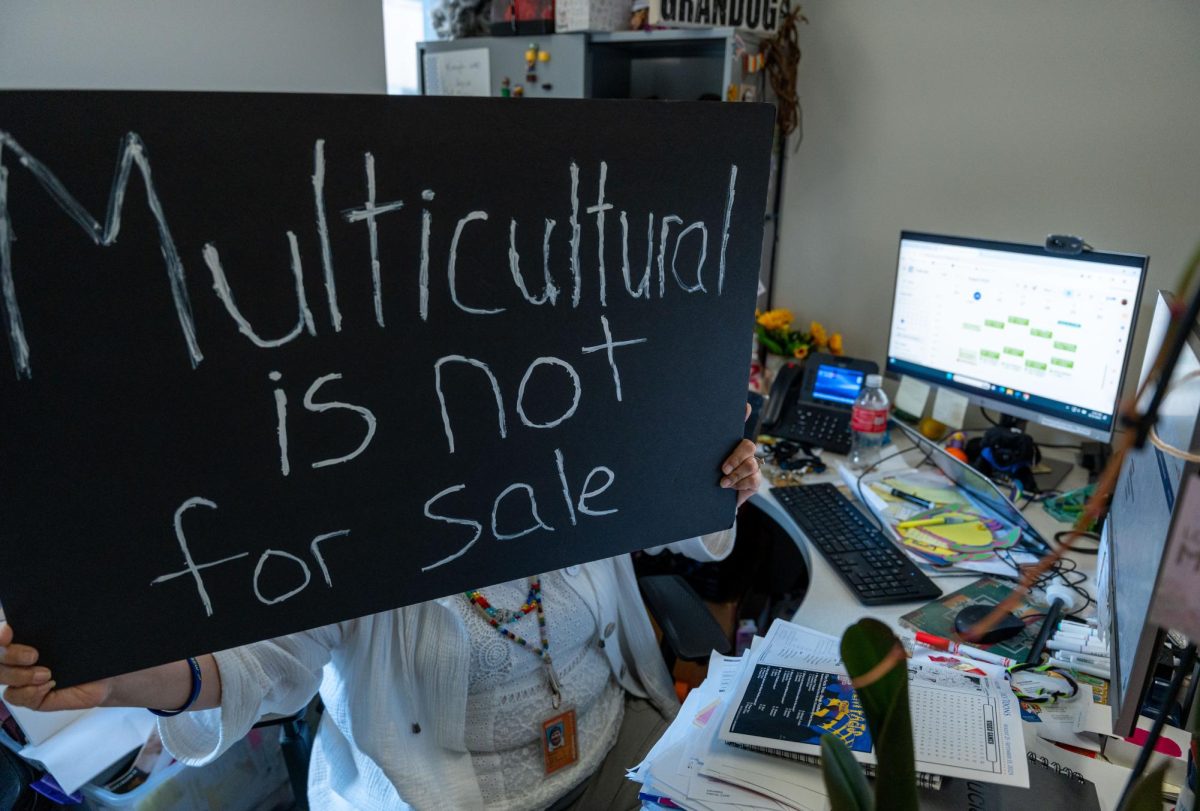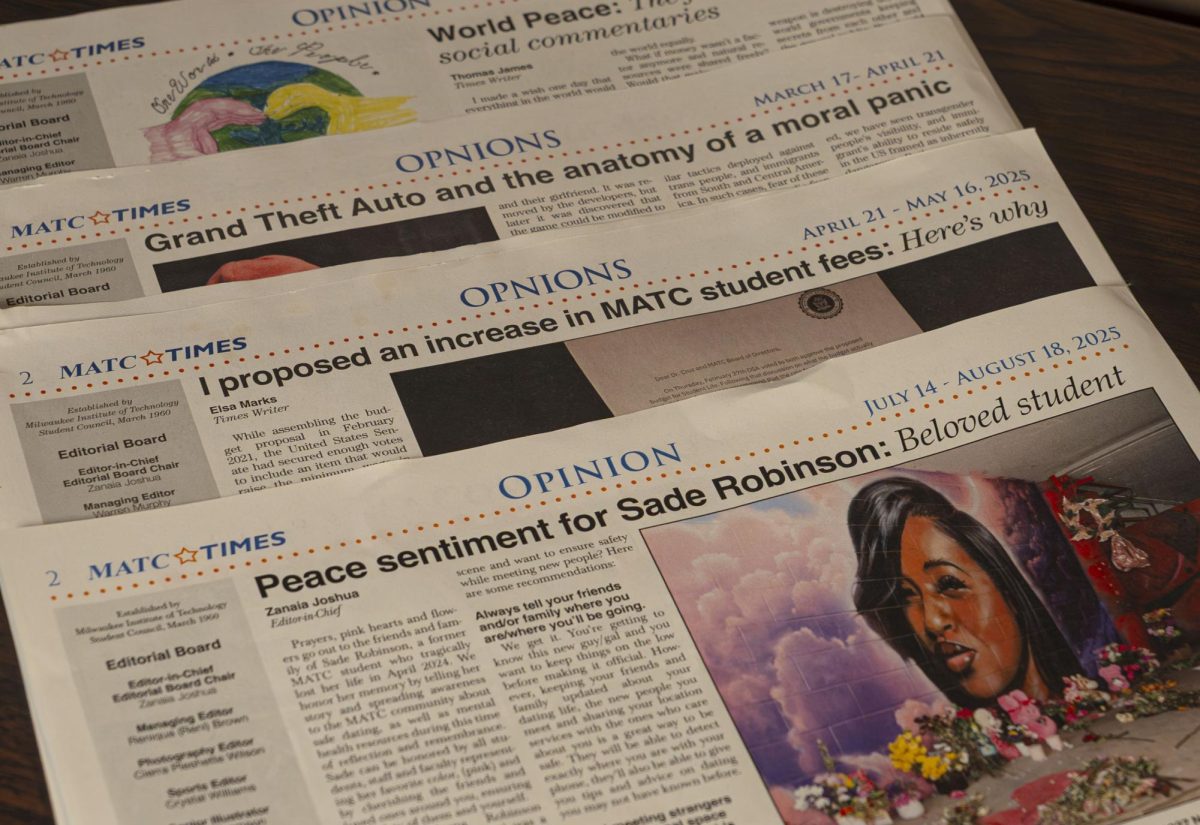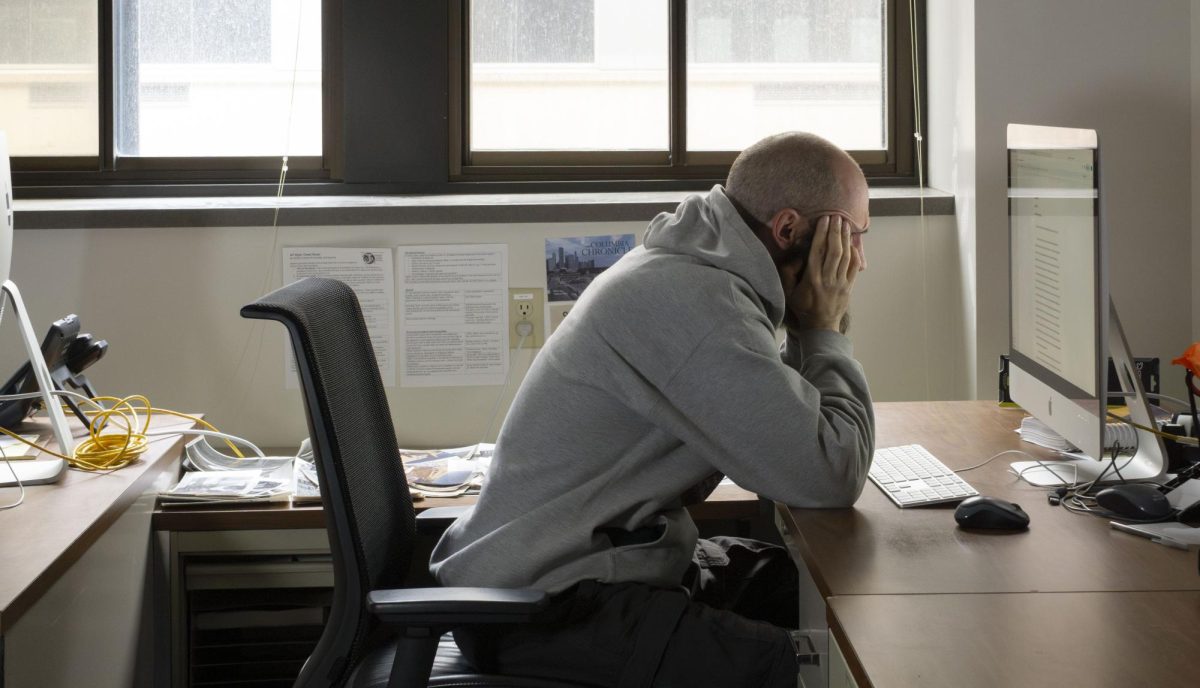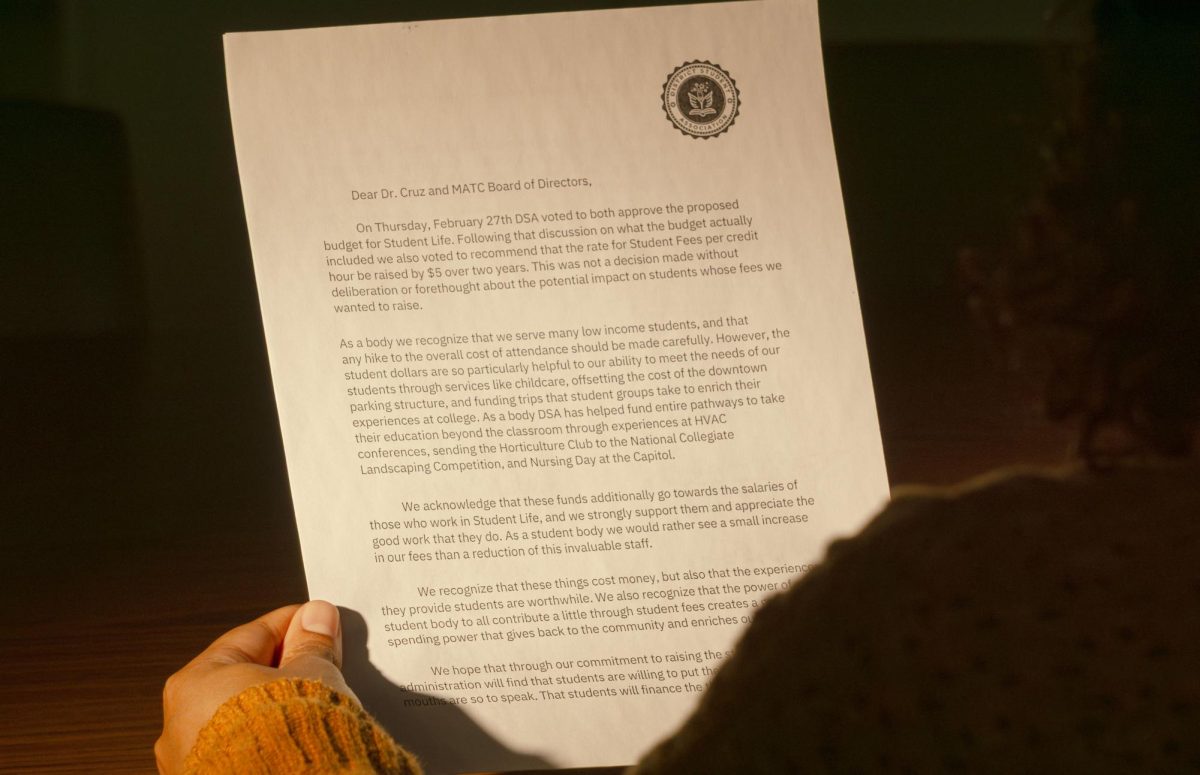In the Marvel Comics, there is a villain known as Galactus. He was once a person, but is now a galactic entity whose existence is the consumption of entire planets in order to survive. The sort of suffering a being like Galactus can deliver is nearly incomprehensible as it devours people, communities and entire cultures without a second thought before moving on to the next. This type of villain exists in other pop culture, such as Unicron in the Transformers series, and Lavos in the video game Chrono Trigger. It is also reminiscent of the work of HP Lovecraft, whose stories tell of gods beyond human understanding who drive people to madness as they attempt to consider their enormity. The fear of a being that could so carelessly cause this great devastation is not unfounded, in fact one has recently swallowed Joann Fabrics.
Joann Fabrics closed down its final stores at the end of May. The brand had been struggling quite a bit in the past three years, filing for bankruptcy twice and multiple rounds of store closures. In the final months between the announcement that the stores were out of business and their closure, the outcry of support for the store and its brand was great. Hobbyists of many different stripes from quilters and cosplayers had a deep affection for the company, and it served a very particular need by providing fabric and community in even rural small towns.
Whenever big stores close, it is easy to assume that consumer habits are responsible, that perhaps we have all shifted to ordering online because of Amazon. While there may be some validity to the way online shopping has seen its meteoric rise, that does not tell the whole tale. In 2010, Joann Fabrics was doing well. The company had no outstanding debt and was boasting record profits. In December of that year, a private equity firm called Leonard Green and Associates offered to purchase the company for $1.6 billion, and Joann’s shareholders approved the sale in spring of the following year.
The firm took Joann off the publicly traded markets and assumed private ownership. In 2021, Joann once again was made public and it was revealed that the company was $1 billion in the red. That debt was the result of not only poor leadership under Leonard Green, but was in fact the same debt from the initial purchase of the company. When a private firm purchases a public company and takes it private they are no longer under the same scrutiny from shareholders, nor the regulation from the government. Under these conditions, the debt from their initial company purchase was transferred to the now private Joann Fabrics which ultimately led to its demise.
This happens with a relative frequency, and brands like Red Lobster, Toys R Us, and Payless Shoes have all met with similar fates. It is reported that 20% of businesses purchased by private equity firms go out of business within the first ten years, with some even declaring them the apex predators of the finance world. If indeed that is an apt comparison, we should think less in terms of lions and compare them instead to a fantastical being like Galactus. These companies consume businesses to squeeze them for every ounce of profit, and in turn they cause incredible harm to all of their employees and communities in which they exist.
The solution to private equity will take a great deal of legislative work that there is little hope for with our present political reality. However, the motivation for such a business is personal. Our culture has an obsession with getting rich, and I have had many such conversations with students at this school who have these ambitions and that concerns me. It is good to try and better oneself, that is why we are attending this college afterall. Private Equity is the end result of a mindset that prioritizes wealth accumulation and will lead to good for only the few at the top.
The closure of Joann Fabrics meant that 15,000 people lost their jobs, and it gives an easy number to represent those hurt by this decision. Instead of being cast aside in order to make a few rich, I can only imagine a better world in which Joann continued to provide for the communities it served. In this world, where more people have jobs and community, we are all able to be richer.

